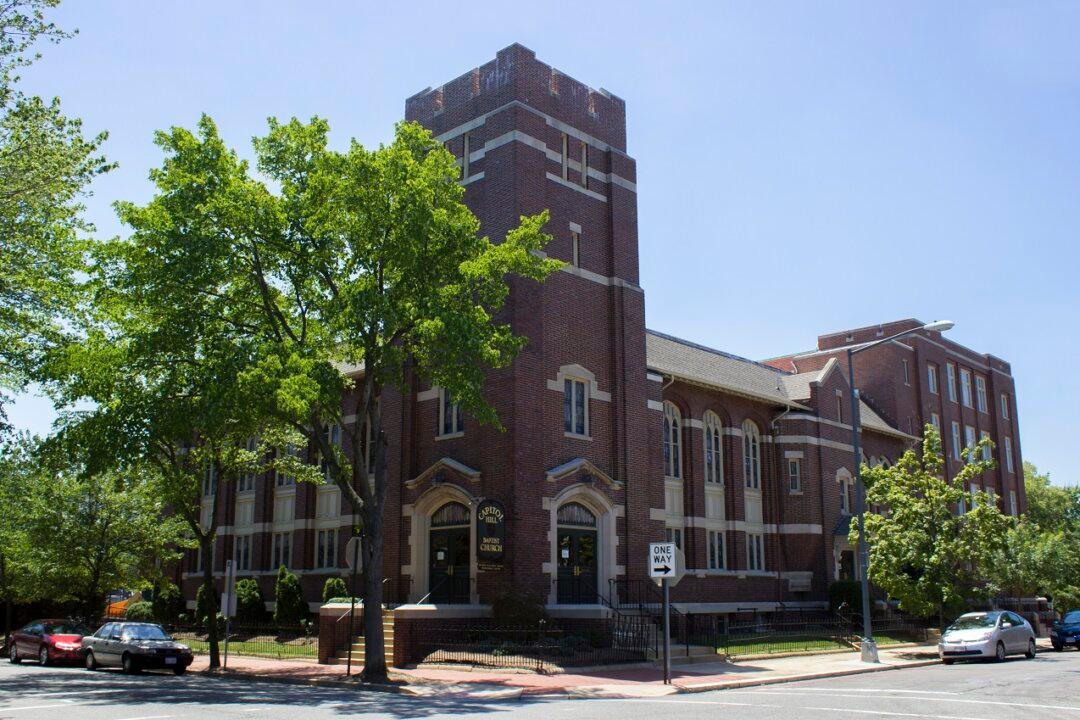A federal judge granted Capitol Hill Baptist Church’s request for a preliminary injunction against District of Columbia Mayor Muriel Bowser, allowing the congregation to resume worship services.
“The Court determines that the church is likely to succeed in proving that the District’s actions violate [the Religious Freedom Restoration Act of 1993] RFRA,” wrote U.S. District Court for the District of Columbia Judge Trevor McFadden in a decision late on Oct. 9.





